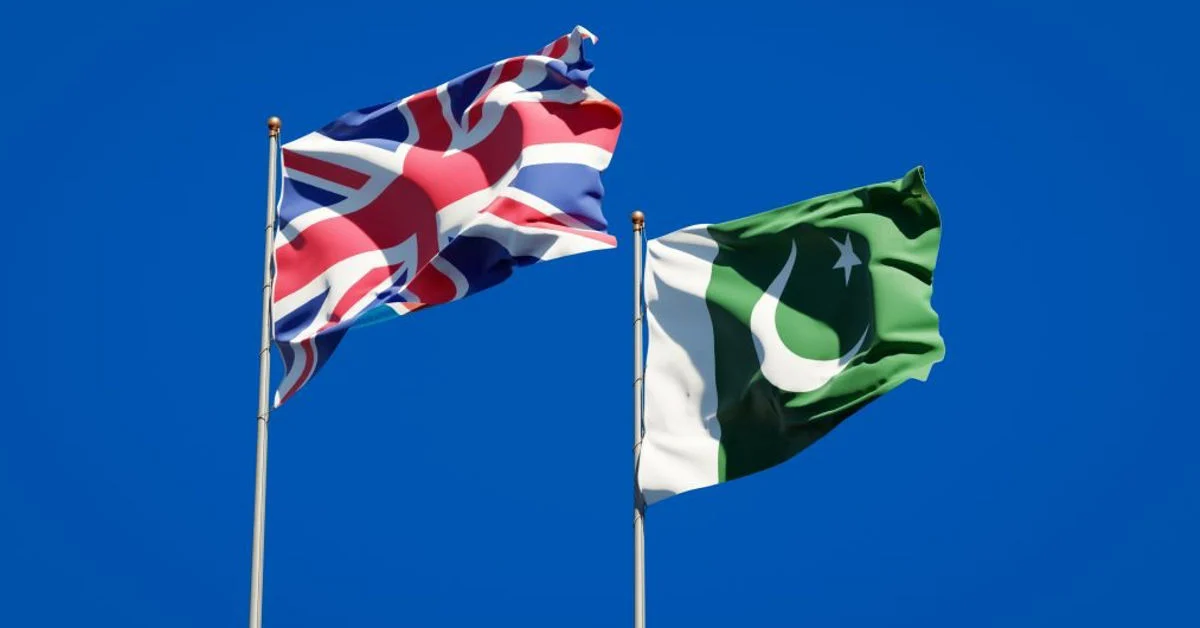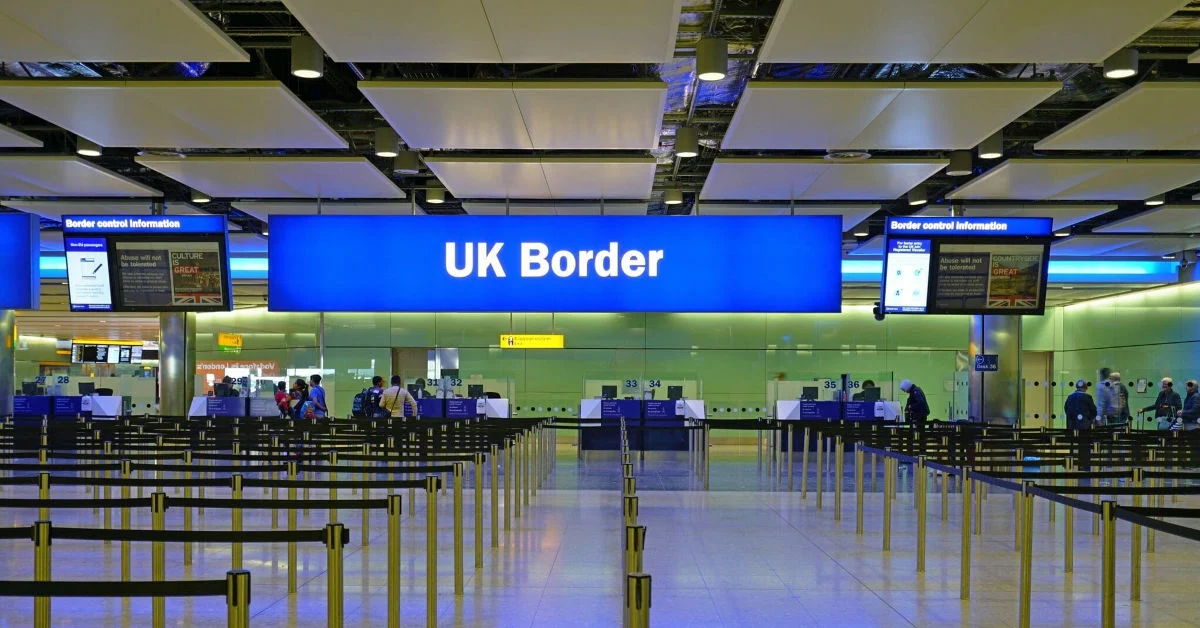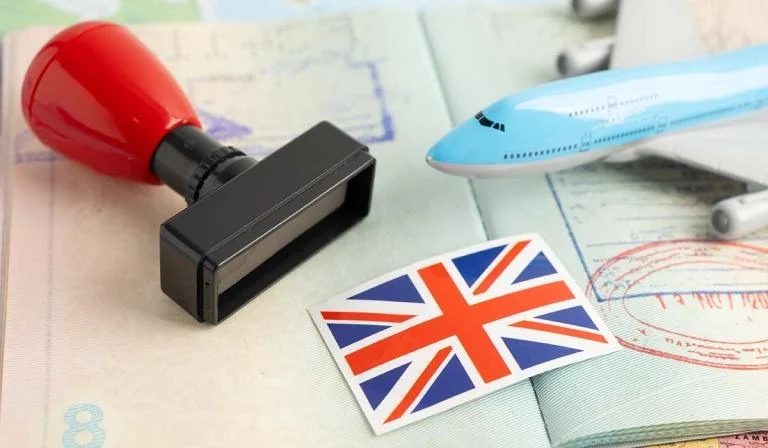The United Kingdom has recently updated its travel guidelines, issuing a serious UK travel advisory for citizens planning to visit India and Pakistan. This latest development, driven by escalating tensions between the two nuclear-armed neighbors, highlights heightened risks in certain regions. The UK travel advisory serves as a critical update for travelers, ensuring they make informed decisions and prioritize safety.
Rising Tensions Along the India-Pakistan Border
In a detailed bulletin, the UK’s Foreign, Commonwealth & Development Office (FCDO) emphasized that all travel within 10 kilometers (6.2 miles) of the India-Pakistan border should be avoided. The advisory follows the sudden closure of the Wagah-Attari border crossing, a crucial point of transit between the two countries. According to the UK travel advisory, citizens must exercise extreme caution and reconsider travel plans that involve proximity to these volatile areas.
Specific Areas Under Travel Restrictions
The UK travel advisory clearly outlines several specific areas where travel is either completely discouraged or restricted to essential purposes only:
Jammu and Kashmir
- Avoid all travel to Jammu and Kashmir, including popular tourist destinations like Pahalgam, Gulmarg, Sonamarg, the city of Srinagar, and along the Jammu-Srinagar national highway.
- Only air travel to and from the city of Jammu is considered acceptable.
- Movement within the city of Jammu and within the Union Territory of Ladakh is permitted but should be undertaken with caution.
Manipur in Northeastern India
In addition to concerns in Jammu and Kashmir, the UK travel advisory urges British nationals to avoid all but essential travel to the northeastern Indian state of Manipur, including its capital, Imphal. The advisory comes in response to recent violent incidents that have raised concerns over public safety.
Context Behind the Advisory
The UK travel advisory was issued shortly after a devastating attack in Pahalgam, located in Indian-administered Kashmir. Unidentified gunmen brutally killed 26 people, including 25 tourists—mostly Indian nationals—and one local resident. This tragic event has amplified fears of instability in the region and underscores the necessity of the new travel warning.
India-Pakistan Diplomatic Fallout
Tensions have escalated dramatically beyond the border incidents. India has announced the suspension of the historic Indus Waters Treaty with Pakistan, a critical agreement governing the sharing of river waters. Additionally, New Delhi ordered the expulsion of Islamabad’s defense, military, naval, and air advisors stationed at the Pakistani High Commission in India, providing them a one-week deadline to leave.
Pakistan has responded vehemently, labeling India’s actions as “reckless” and warning that any diversion or restriction of water flow would be viewed as an “act of war.”
These escalating diplomatic and territorial tensions have significantly contributed to the issuance of the latest UK travel advisory.
Impact on Tourists and Travelers
The new UK travel advisory significantly affects British nationals currently in India and Pakistan or planning upcoming travel. Those already in affected regions are advised to leave if it is safe to do so and to maintain close contact with the British High Commission. Travelers are encouraged to:
- Register with the Foreign Office’s Travel Advice service for real-time updates.
- Stay informed through reliable local news sources.
- Maintain a low profile and avoid large gatherings.
- Monitor security conditions and follow the advice of local authorities.
India Issues Its Own Travel Warning
Adding another layer to the volatile situation, India has called on its citizens visiting Pakistan to return home “at the earliest.” Indian officials have cited rising security concerns and deteriorating diplomatic relations as reasons behind this warning.
This mirrored response from India further solidifies the urgency and seriousness highlighted by the UK travel advisory.
Safety Tips for British Nationals in the Region
The FCDO advises those who must travel to India and Pakistan to take the following safety measures:
- Ensure travel insurance is up-to-date and covers political unrest and evacuation scenarios.
- Keep emergency contact numbers, including the nearest British embassy or consulate, easily accessible.
- Avoid non-essential travel after dark, especially in rural and border areas.
- Stay connected with family and friends, sharing travel itineraries and updates regularly.
For further safety guidance, visit Travel Aware – Staying Safe Abroad.
The Broader Implications of the Travel Advisory
The UK travel advisory has broader implications beyond individual travel plans. It may affect:
- Business operations involving British firms in India and Pakistan.
- Tourism industries in Jammu & Kashmir and northeastern India.
- Diplomatic relations between the UK, India, and Pakistan.
Travel insurance providers are also revisiting coverage options in light of the advisory, which may lead to increased premiums or restricted coverage for travel to these regions.
What to Expect Moving Forward
The situation between India and Pakistan remains fluid and unpredictable. Travelers are encouraged to:
- Check for regular updates on the LatestTravel.News website.
- Monitor official government travel advisories from both the UK and destination countries.
- Reconsider non-essential travel plans to South Asia until tensions ease.
Authorities stress that being proactive and cautious is the best strategy in navigating this period of heightened uncertainty.
Conclusion
The latest UK travel advisory reflects growing geopolitical tensions in South Asia, with significant implications for British travelers. Avoiding high-risk regions like the India-Pakistan border, Jammu and Kashmir, and Manipur is crucial for personal safety. Those with essential travel needs should remain vigilant, stay updated with official guidance, and prioritize security at all times.
For continual updates, visit the UK Foreign Travel Advice page and LatestTravel.News.
FAQs
1. Can British citizens still visit India safely?
Yes, travel to most parts of India remains safe. However, regions like Jammu and Kashmir, the 10-km India-Pakistan border area, and Manipur are advised against.
2. Is it safe to travel by air to Jammu?
According to the UK travel advisory, air travel to and from Jammu city is considered acceptable, but travelers must exercise caution within the area.
3. What should travelers do if they are already in a restricted zone?
Travelers should leave restricted areas as soon as it is safe to do so and stay in touch with the British High Commission for further assistance.




